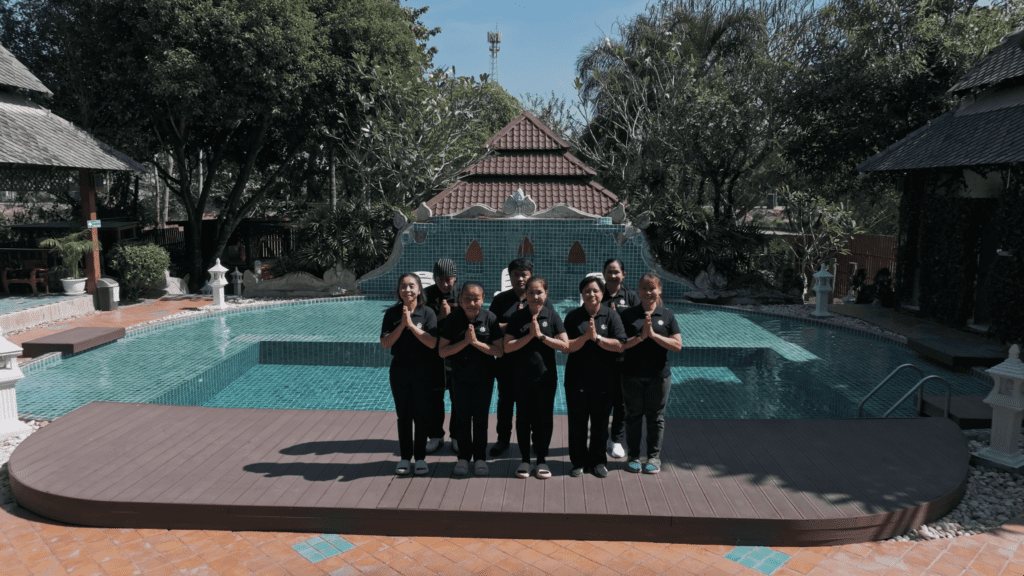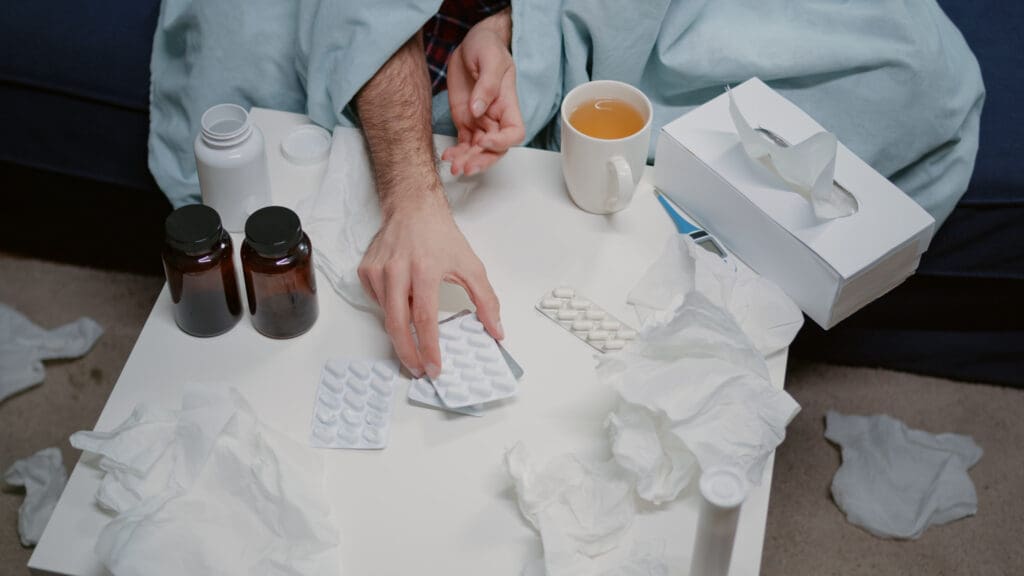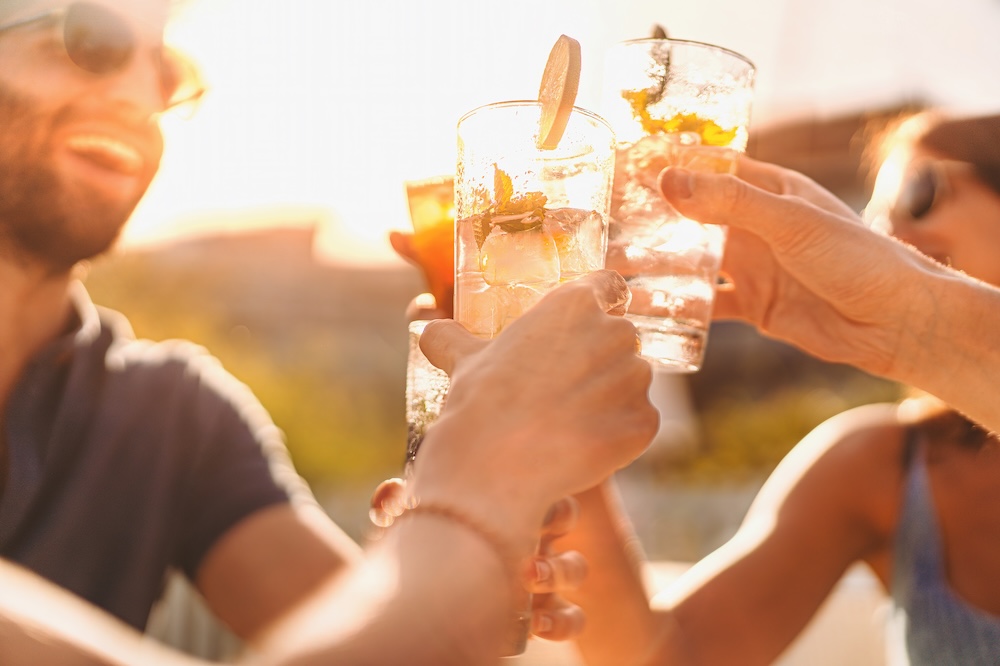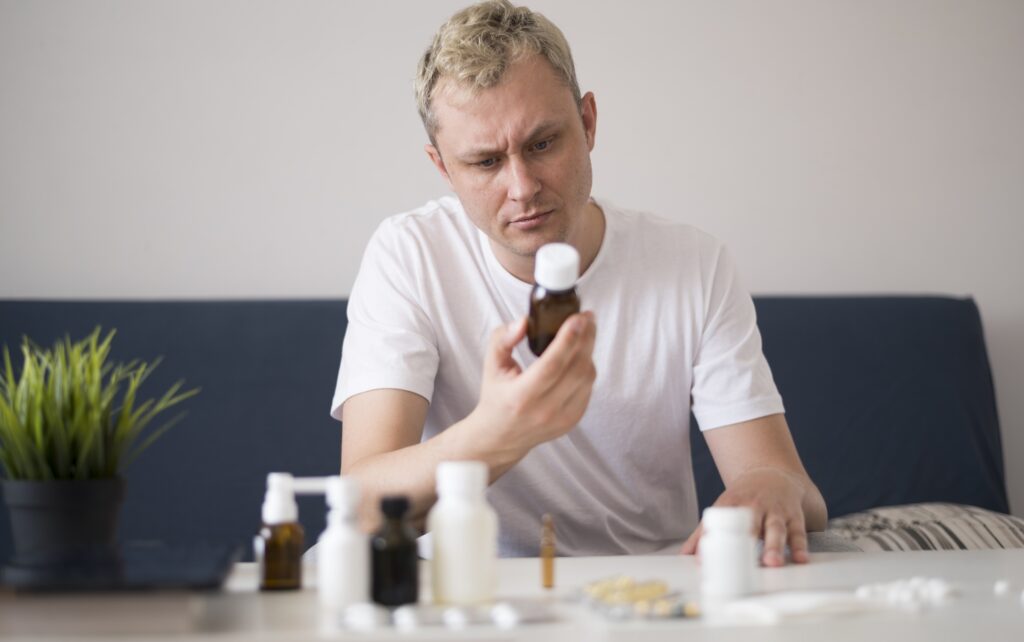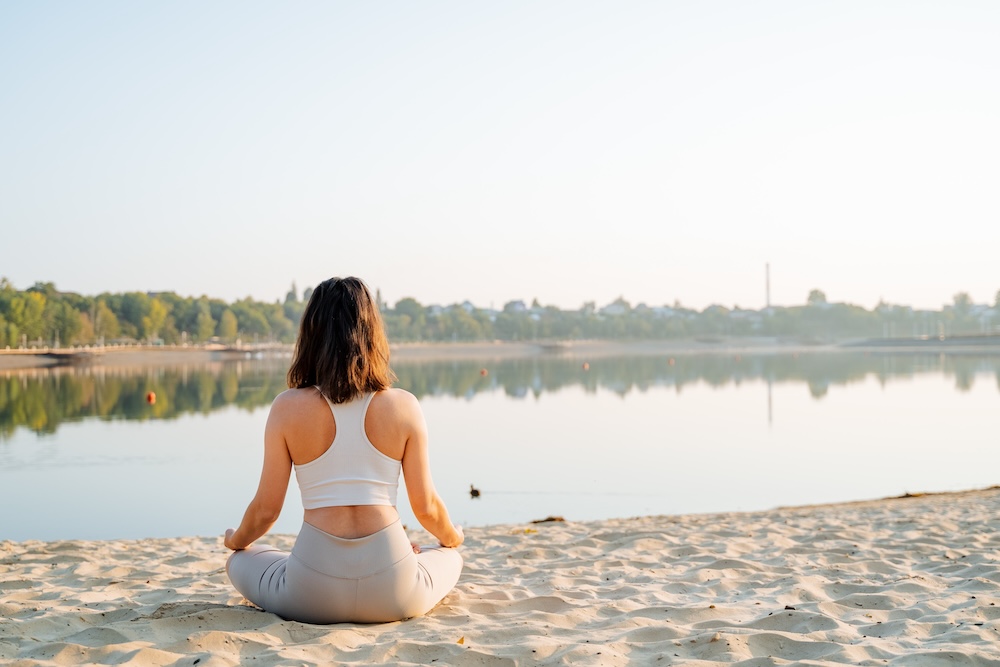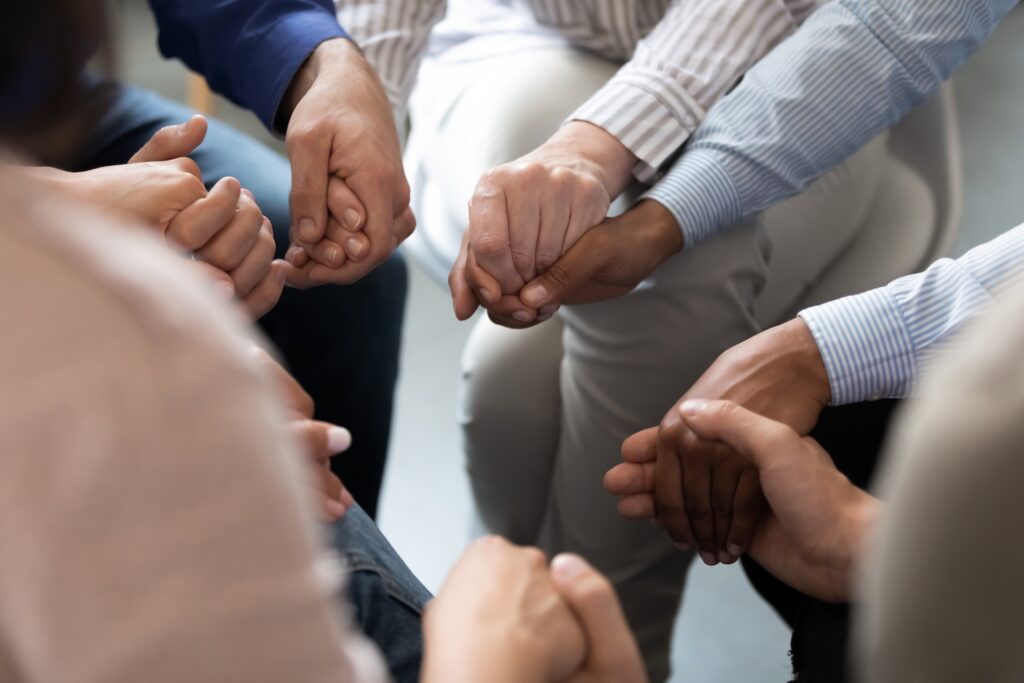Thriving Through Christmas Sober: A Comprehensive Guide

1. Understand Your Triggers

The holidays are rife with emotional and situational triggers. Identifying yours beforehand can help you prepare. Common holiday triggers include:
- Stress: Shopping, cooking, and managing family expectations can be overwhelming.
- Family Dynamics: Unresolved conflicts or strained relationships often resurface during family gatherings.
- Loneliness: While everyone seems to be celebrating, feelings of isolation can intensify.
- Nostalgia: Memories of drinking during previous holidays can create a sense of longing.
Take some time to reflect on what triggers might arise for you and plan accordingly. Knowing your vulnerabilities is the first step in protecting your sobriety.
2. Plan Ahead
One of the most effective ways to handle potential challenges is to create a detailed plan for navigating the holidays.
Attend Sobriety Meetings
If you’re part of a recovery group like Alcoholics Anonymous (AA), check their schedule for extra meetings or events during the holiday season. Many groups hold special meetings on Christmas and New Year’s Day, knowing that this time can be especially difficult.
Prepare an Exit Strategy
If you’re attending an event where alcohol will be served, have a way to leave if you feel uncomfortable. Drive yourself, or arrange for a trusted friend to pick you up if needed.
Bring Your Own Beverages
Bringing your own non-alcoholic drinks ensures you have a safe option and avoids awkward moments when someone offers you a drink.
Script Your Responses
Practice what you’ll say if someone offers you alcohol or asks why you’re not drinking. A simple “I’m not drinking tonight” or “I’m focusing on my health” can suffice. Most people won’t press further, but if they do, remember you don’t owe anyone an explanation.
3. Lean on Your Support Network

- Buddy System: Bring a supportive friend to events who knows about your sobriety and can help you stay accountable.
- Daily Check-Ins: Consider scheduling regular check-ins with a sponsor, therapist, or trusted friend. Sharing your thoughts and feelings can alleviate stress and reinforce your commitment to sobriety.
- Virtual Communities: Online recovery forums and groups can be a lifeline, especially if you’re feeling isolated.
4. Create New Traditions
One of the biggest challenges for recovering alcoholics is redefining what the holidays mean without alcohol. Rather than focusing on what you’re missing, create new, sober-friendly traditions:
- Host an Alcohol-Free Gathering: Invite friends or family for a potluck, board game night, or movie marathon where alcohol isn’t part of the equation.
- Volunteer: Giving back to the community can be incredibly fulfilling and a great way to spend your time. Many organizations seek volunteers during the holiday season.
- Focus on Wellness: Plan activities that promote physical and mental well-being, such as yoga, meditation, or going for a winter hike.
5. Set Boundaries

The holidays often come with a sense of obligation, but your sobriety should always come first. Setting boundaries can help protect your mental health and keep you on track.
Say No When Needed
It’s okay to decline invitations or limit your time at events if you feel they might jeopardize your recovery. Politely but firmly say, “I can’t make it this time, but thank you for inviting me.”
Limit Time with Difficult People
If certain individuals are toxic or triggering, consider avoiding them altogether or limiting your interactions. You don’t owe anyone your time, especially if it threatens your well-being.
6. Be Mindful of Your Emotional State
The holiday season can bring up a wide range of emotions. Practicing mindfulness and emotional awareness can help you stay grounded.
Check In with Yourself
Throughout the day, pause and ask yourself how you’re feeling. If you notice stress, anger, or sadness creeping in, take steps to address it before it becomes overwhelming.
Practice Gratitude
Gratitude can be a powerful tool for shifting your focus away from negative emotions. Take a moment each day to write down three things you’re grateful for.
Use Stress-Relief Techniques
Deep breathing, progressive muscle relaxation, and mindfulness meditation can help you manage stress and stay present.
7. Avoid HALT

In recovery circles, the acronym HALT stands for Hungry, Angry, Lonely, and Tired—four states that can increase vulnerability to relapse. Pay close attention to these needs during the holidays:
- Hungry: Eat regular, balanced meals to maintain your energy levels. Keep healthy snacks on hand during long days of holiday shopping or travel.
- Angry: Address conflicts calmly and constructively. If a situation becomes too heated, step away to cool down.
- Lonely: Stay connected with your support network and seek out sober-friendly social opportunities.
- Tired: Prioritize rest and set aside time to relax. Overcommitting can lead to exhaustion and weaken your resolve.
8. Celebrate Your Sobriety
Your recovery is a significant accomplishment, and the holidays are an excellent time to acknowledge it. Consider celebrating your sobriety by:
- Treating Yourself: Reward yourself with a meaningful gift or experience, such as a massage, new book, or day trip.
- Reflecting on Your Progress: Take time to journal about how far you’ve come in your journey and what you’ve learned.
- Sharing Your Story: If you feel comfortable, share your experiences with others in recovery. Your story might inspire someone else to stay strong during the holidays.

9. Have a Relapse Prevention Plan
Despite your best efforts, the holidays can sometimes feel overwhelming, and cravings might surface. Having a relapse prevention plan can help you stay prepared.
Recognize Warning Signs
Pay attention to signs that you’re feeling tempted or struggling, such as isolating yourself, romanticizing past drinking experiences, or minimizing the risks of “just one drink.”
Use Your Coping Tools
Lean on the coping strategies you’ve learned in recovery, whether it’s calling a sponsor, practicing mindfulness, or reviewing your reasons for staying sober.
Forgive Yourself if You Slip
If a relapse occurs, it doesn’t mean you’ve failed. Reach out for support, recommit to your sobriety, and remind yourself that recovery is a lifelong journey.
10. Find Joy in the Season
Sobriety doesn’t mean you can’t enjoy the holidays. In fact, experiencing them fully and authentically can bring a deeper sense of joy and connection.
- Focus on the Present: Engage with loved ones, savor delicious food, and immerse yourself in the beauty of the season.
- Celebrate Non-Alcoholic Options: Explore the growing world of alcohol-free beverages. Many mocktails, sparkling waters, and festive drinks can make you feel included without compromising your sobriety.
- Embrace the True Spirit of the Holidays: Whether it’s spending time with family, helping those in need, or reflecting on the past year, find meaning in the moments that matter most.
Final Thoughts
The Christmas holiday season can be a challenging time for those in recovery, but with the right mindset and tools, it’s entirely possible to navigate it successfully. By planning ahead, leaning on your support network, and prioritizing your well-being, you can protect your sobriety and discover new ways to celebrate the season.
Remember, you’re not alone on this journey. Every choice you make to stay sober is a testament to your strength and resilience. As you navigate the holidays, remind yourself that you’re building a healthier, happier future—one sober day at a time.
Happy holidays, and here’s to a peaceful, joyful, and sober season.

Author: Darren G Lockie
Founder and CEO of Lanna Healthcare.

